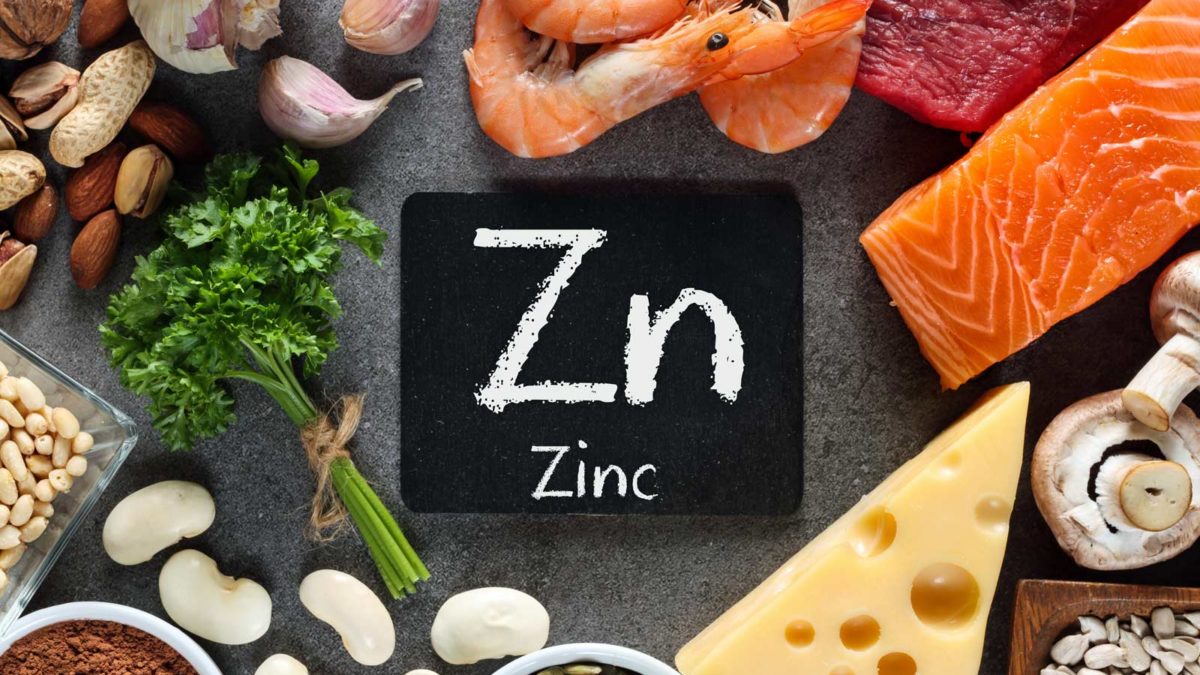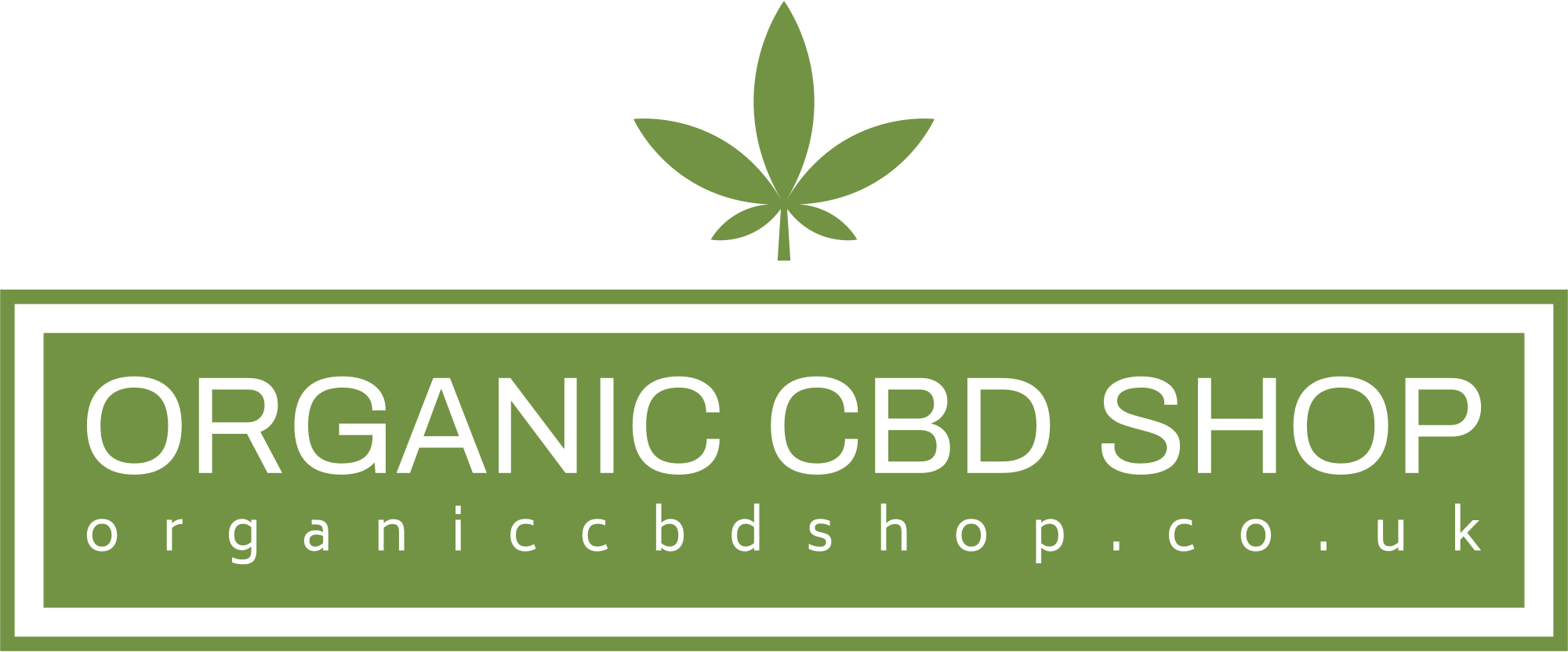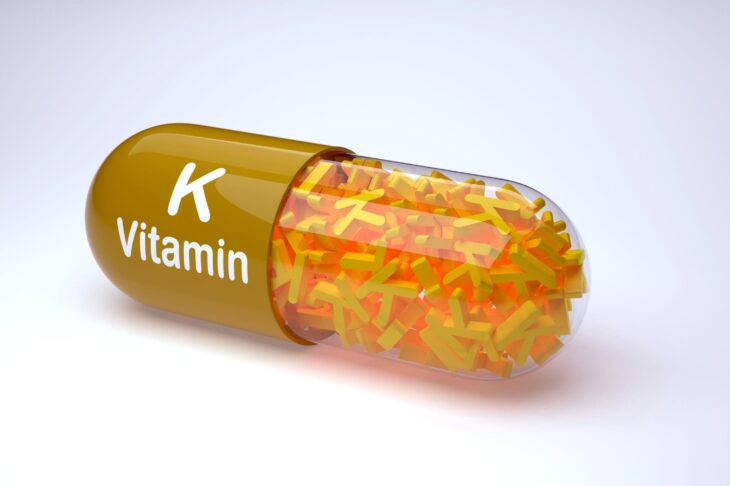
The Comprehensive Guide to the Benefits of Zinc
Introduction
Zinc is an essential mineral that plays a pivotal role in various physiological processes in the human body. From supporting the immune system to aiding in wound healing, zinc is a versatile and vital nutrient. In this comprehensive guide, we will explore the diverse health benefits of zinc, its essential functions, dietary sources, potential deficiency symptoms, and its applications in modern health and well-being.
Introduction to Zinc
What Is Zinc
Zinc is a trace mineral, meaning it’s required by the body in small amounts but is essential for overall health. It is found in cells throughout the body and is involved in numerous biochemical processes.
Essential Functions of Zinc
Zinc serves several crucial functions in the body
- Immune System Support: Zinc is vital for the proper functioning of the immune system. It helps maintain the integrity of the skin and mucous membranes, which are the body’s first line of defense against pathogens.
- Wound Healing: Zinc is involved in various stages of the wound-healing process, including inflammation, tissue regeneration, and scar formation.
- DNA Synthesis and Repair: Zinc plays a role in DNA synthesis, repair, and cell division, which are fundamental for growth and development.
- Cognitive Function: Zinc is necessary for normal cognitive function, including memory and attention.
- Growth and Development: It is essential for the growth and development of children, especially during puberty.
Health Benefits of Zinc
Immune System Support
Zinc is well-known for its role in supporting the immune system. It helps maintain the structural integrity of the skin and mucous membranes, preventing pathogens from entering the body. It also plays a role in the production and function of immune cells, such as white blood cells.
Wound Healing
Zinc is crucial for the wound-healing process. It aids in inflammation, tissue regeneration, and scar formation. Individuals with sufficient zinc levels tend to experience faster and more efficient wound healing.
Cognitive Function
Zinc is involved in various cognitive functions, including memory and attention. Adequate zinc levels are important for maintaining optimal cognitive performance.
Growth and Development
Zinc is especially important for children’s growth and development. It is involved in cell division, which is essential for normal growth. A deficiency in zinc can lead to stunted growth and developmental issues.
Reproductive Health
Zinc plays a role in reproductive health for both men and women. In men, zinc is crucial for the production of healthy sperm. In women, zinc is essential for normal ovulation and fetal development during pregnancy.
Skin Health
Zinc is known to support skin health. It can help manage skin conditions like acne and eczema. Zinc’s anti-inflammatory properties can reduce skin redness and irritation.
Vision Health
Zinc is also important for maintaining vision health. It is found in high concentrations in the retina, and a deficiency in zinc can lead to vision problems.
Dietary Sources of Zinc
Zinc can be obtained from various dietary sources, and most individuals can meet their daily zinc requirements through their diet. Some common dietary sources of zinc include:
- Meat: Beef, pork, and lamb are rich sources of zinc.
- Seafood: Oysters, crab, and lobster contain high levels of zinc.
- Dairy Products: Milk, cheese, and yogurt provide a significant amount of zinc.
- Legumes: Beans, lentils, and chickpeas are good plant-based sources of zinc.
- Nuts and Seeds: Almonds, peanuts, and pumpkin seeds contain zinc.
- Whole Grains: Oats and whole wheat products are sources of zinc.
- Fortified Foods: Some breakfast cereals and nutritional supplements are fortified with zinc.
Zinc Deficiency
Zinc deficiency can lead to various health issues and is more common in certain populations. Common risk factors for deficiency include a poor diet, certain medical conditions, and inadequate absorption due to digestive problems. Symptoms of zinc deficiency may include:
- Weakened immune system, leading to more frequent infections.
- Slow wound healing.
- Skin issues, such as acne or eczema.
- Loss of appetite and weight loss.
- Impaired cognitive function, including memory problems.
- Stunted growth in children.
- Changes in taste and smell perception.
If you suspect a zinc deficiency, it’s crucial to consult with a healthcare professional for a blood test and appropriate guidance on how to address the deficiency.
Modern Applications of Zinc
Supplements
Zinc supplements are widely available and are commonly used to address or prevent deficiency. They come in various forms, including zinc gluconate, zinc citrate, and zinc sulfate. Zinc supplements are generally safe when used as directed.
Skin Care Products
Zinc is a common ingredient in skincare products. It is known for its anti-inflammatory and soothing properties, making it effective for managing skin conditions like acne, sunburn, and rashes.
Cold Remedies
Zinc supplements, particularly zinc lozenges, are often used as a remedy for the common cold. While the evidence on their effectiveness is mixed, some studies suggest that zinc may reduce the duration and severity of cold symptoms.
Conclusion
Zinc is an essential mineral that plays a multifaceted role in various aspects of health, including immune system support, wound healing, cognitive function, growth, and development. While many individuals can obtain sufficient zinc from their diet, supplements are commonly used to address or prevent deficiency. Maintaining optimal zinc levels is vital for overall health and well-being.
It’s important to consult with a healthcare professional if you suspect a zinc deficiency or have specific health concerns related to zinc. As research continues to uncover the many benefits of zinc, it remains a key player in modern health and well-being, emphasizing the importance of this essential mineral.
- How to (Really) Get to Know Someone - May 16, 2024
- The Comprehensive Guide to the Benefits of Vitamin K2 - October 25, 2023
- The Comprehensive Guide to the Benefits of Vitamin B7 - October 25, 2023


